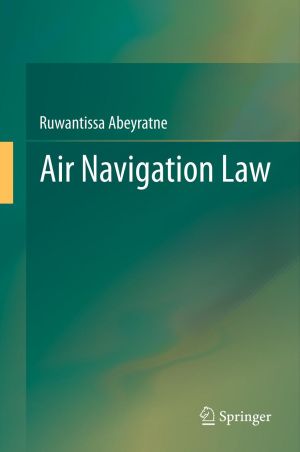
The aviation community, in which the International Civil Aviation Organization (ICAO), the International Air Transport Association (IATA) and the Civil Air Navigation Services Organization (CANSO) play leading roles, is hard at work in bringing aviation into the 21st Century. In doing so, the United States and Europe have taken proactive steps forward in introducing modernization, particularly in moving towards more efficient air traffic management systems within NextGen and SESAR.
Elsewhere, in the fields of personnel licensing, rules of the air, accident investigation and aeronautical charts and information, significant strides are being made in moving from mere regulation to implementation and assistance calculated to make all ICAO member States self sufficient in international civil aviation. However, these objectives can be achieved only if the aviation industry has a sustained understanding of the legal and regulatory principles applying to the various areas of air navigation.
This book provides that discussion. Some of the subjects discussed in this book are: sovereignty in airspace; flight information and air defence identification zones; rules of the air; personnel licensing; meteorological services; operations of aircraft; air traffic services; accident and incident investigation; aerodromes; efficiency aspects of aviation and environmental protection; aeronautical charts and information; the carriage of dangerous goods; and NextGen and SESAR . Except for NextGen and SESAR, these subjects form the titles of the Annexes to the Chicago Convention that particularly involve the rights and liabilities of the key players involved in air navigation.